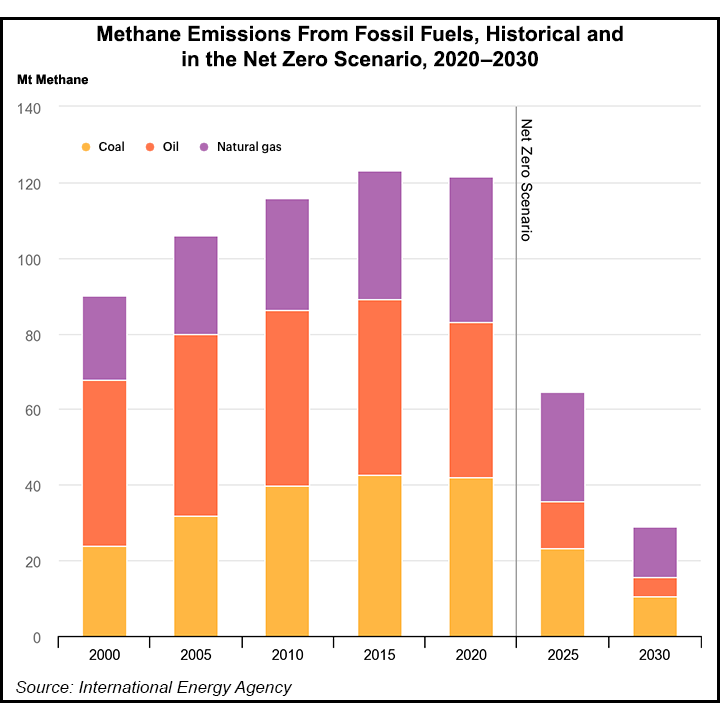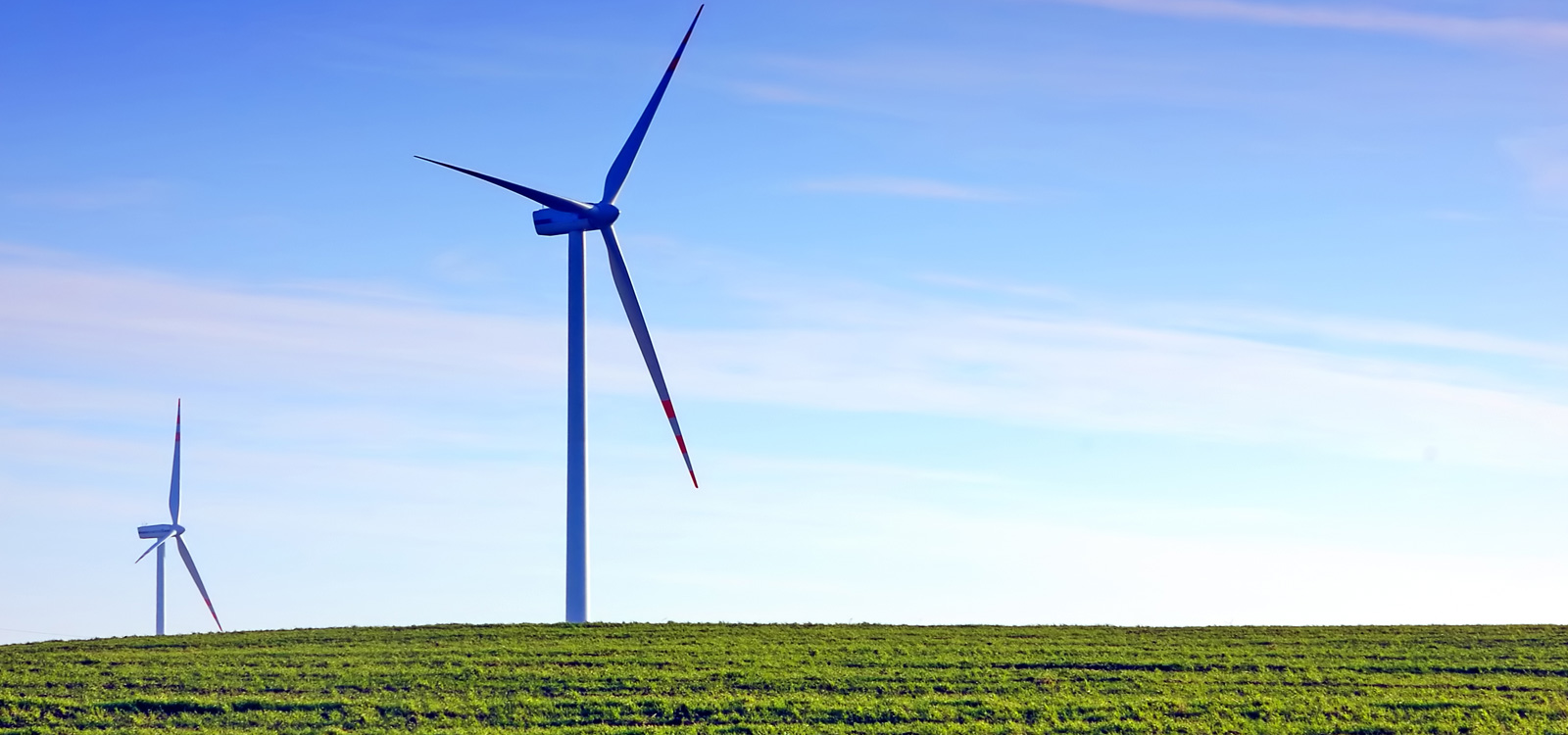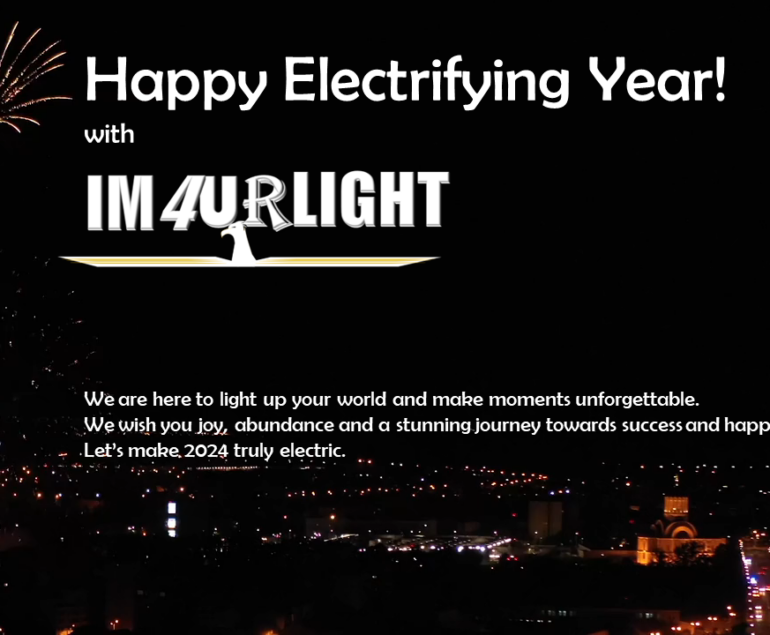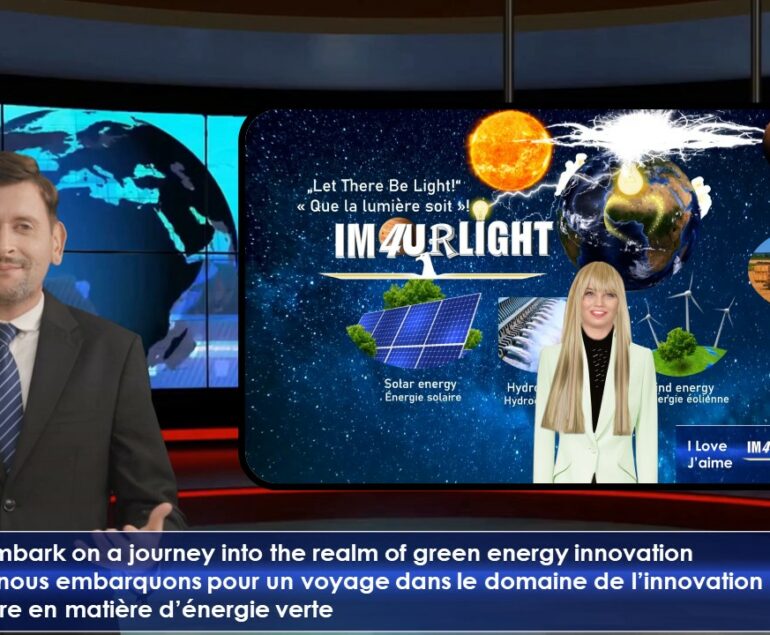Achieving geopolitical stability and global energy security shared the limelight this week as top business and government leaders made their annual trek to Davos, Switzerland.

The annual meeting of the World Economic Forum (WEF) addressed worldwide inequity and the chances for a recession. However, several sessions focused on two points: Russia’s invasion of Ukraine, intertwined with a call to sharply reduce global greenhouse gas emissions.
Occidental Petroleum Corp. CEO Vicki Hollub shared a panel discussion about energy security with PG&E Corp. CEO Patricia K. Poppe, International Energy Agency (IEA) executive director Fatih Birol and the Czech Republic’s Jozef Sikela, minister of Industry and Trade.
The world has “never, ever seen an energy crisis of this depth and complexity” following the invasion last February by Russia into Ukraine, Birol said.
However, the global energy emergency has ushered in a “big boost” for renewable energy. That in turn lifts energy security, Birol said.
For example, the IEA chief said the U.S. Inflation Reduction Act (IRA), signed into law by President Biden last year, was hailed as the “most important climate action” since the 2015 United Nations (UN) climate accord.
IRA directs billions toward climate and energy policies. It is designed to invest in infrastructure that in part would put the country on track toward net-zero emissions by 2050.
Hollub, who has praised the IRA previously, also called the legislation key to helping move toward lower emissions. “It’s an important bill for us, in that it does provide subsidies, not just for carbon capture but for electric vehicles, for lithium and for many other things that will help the energy transition.”
The U.S. oil and natural gas industry has long relied on subsidies, Hollub noted.
“There has been hardly any game-changing and transformational technologies that have ever been developed in the world that did not at some point have some sort of subsidy,” she said.
Money, Money, Money, Etc.
Separately, the Biden administration’s climate envoy John Kerry, who shared a dialogue on another panel at Davos, said financing a global transition to a low carbon economy could avoid damage caused by climate change.
“How do we get there?” Kerry asked the audience. “The lesson I have learned in the last few years…is money, money, money, money, money, money, money.” Investments could help meet a UN goal to limit global warming to 1.5 degrees C above pre-industrial levels.
Geopolitical stability is “absolutely key” to ensuring energy security, Saudi Arabia’s Foreign Minister Faisal bin Farhan Al Saud said on another panel. The foreign minister noted that Saudi Arabia is “investing almost $200 billion in renewable energy at home and abroad” as it brings online more low-carbon technologies.
Saudi’s ambitions toward a low-carbon economy are big, as the country is one of the top oil producers in the world. Al Saud noted that Saudi companies “are active in 21 countries, deploying solar and wind energy and other sorts of renewable energy. In the meantime, we need to maintain a supply of traditional energies that are priced in a way that ensures stability. And we will continue to address this in a responsible way.”
Davos brought together top leaders to share concerns and set priorities because of myriad geoeconomic challenges, speakers said.
“This meeting is happening against one of the most complicated geopolitical and geoeconomic landscapes that we have seen for decades, and this session is about identifying opportunities for cooperation even in a fractured world,” WEF President Børge Brende said.
‘Category Five Hurricane’
UN Secretary-General António Guterres on Wednesday in Davos said, “Our world is plagued by a perfect storm on a number of fronts.” He called for urgent action on the interconnected challenges. And he took a swipe at the oil and gas industry, calling for an end to the “addition to fossil fuels” and to “stop our self-defeating war on nature.”
Said Guterres, “We can’t confront problems unless we look them squarely in the eye. And we are looking into the eye of a Category 5 hurricane. Our world is plagued by a perfect storm on a number of fronts.”
There also is an “existential challenge,” he said, as the world is “flirting with climate disaster…Greenhouse gas emissions are at record levels. The commitment to limit global temperature rise to 1.5 degrees is going up in smoke. Without further action, we are headed to a 2.8 degree increase.”
Guterres told the audience that the developed nations “must finally deliver on its $100 billion climate finance commitment to support developing countries. Adaptation finance must be doubled. And the biggest emitters,” the Group of 20 developed nations, “must unite around a Climate Solidarity Pact in which they make extra efforts in the 2020s to keep the 1.5 degree limit alive.”




